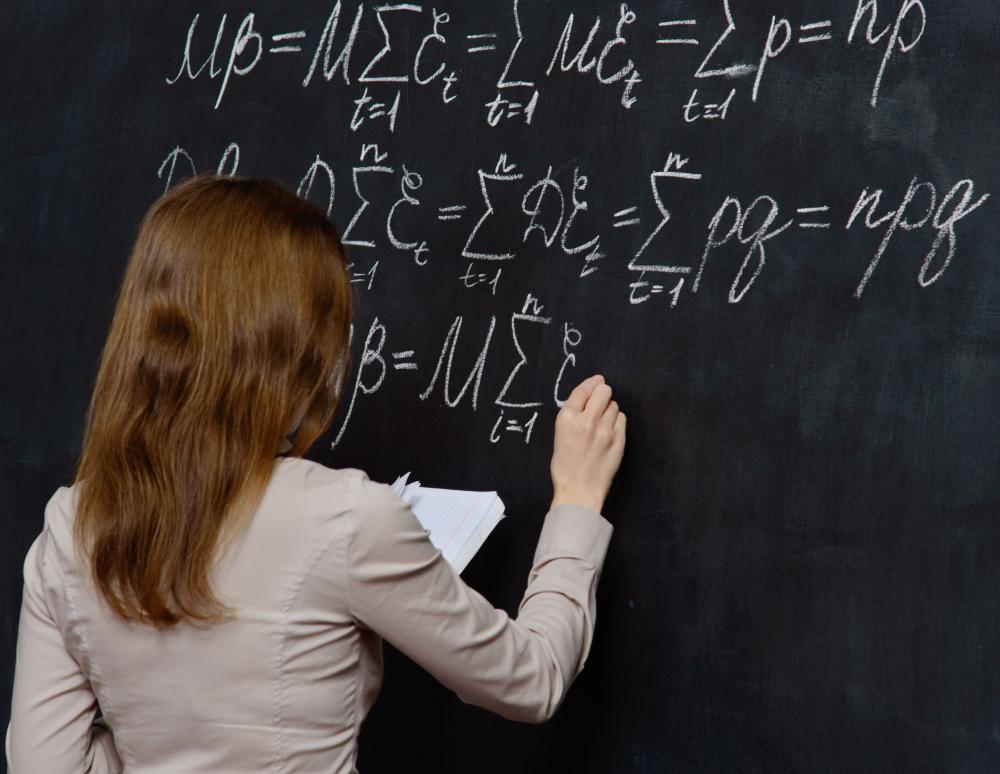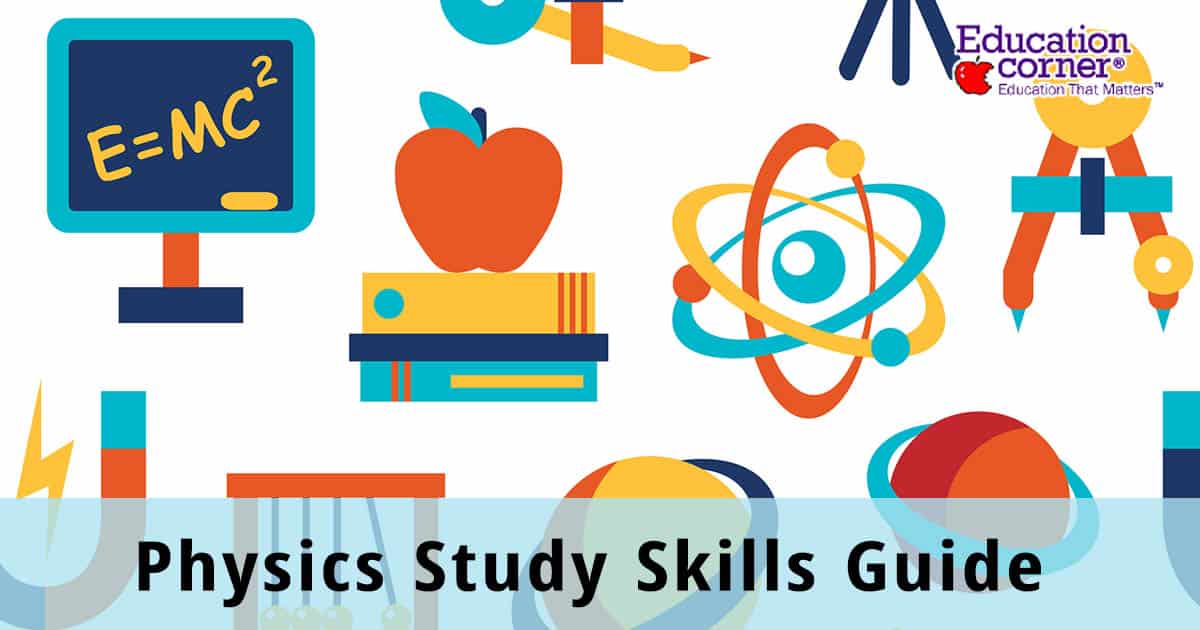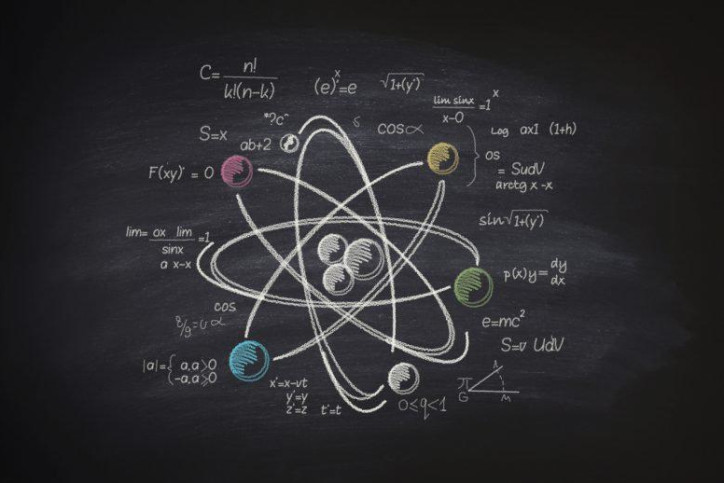What to Study to Become a Physicist

Physicists are those who study the basic properties of matter, such as its mass, energy, and shape. They also explore the dimensions of the universe and work in research institutions and universities. However, to become a physicist, you’ll need to go beyond a general education and take courses aimed at furthering your skills in communication and problem-solving.
Physicists study the fundamental properties of matter
Physicists work on the fundamental properties of matter and the processes that govern them. Matter is defined as anything that has mass, color, and takes up space. Physicists study these properties, as well as how they are affected by change in external forces. The most basic properties of matter are the mass, temperature, and mechanical properties. The study of these properties is the basis for all of physics and chemistry.
All matter is made up of particles called atoms. Different particles combine to form a substance, such as gold. Other objects, such as salt, consist of sodium atoms. Generally, matter exists in three states – solid, liquid, and gas. Each of these states has different properties and characteristics. The different states and phases of matter depend on their temperature and density. However, there is no universal definition for matter.
They explore the dimensions of the universe
Physicists study the dimensions of the universe as a way of understanding the origin of mass and the forces of nature. According to Carroll, the universe has more than 10(10100) dimensions. A googol, or ten billion zeroes, is an extremely large number. It dwarfs the number of known particles. Each particle contains its own dimension in mathematical space. In other words, every particle represents a new ‘degree of freedom.’ Descartes might have been astonished by this magnitude of complexity.
The existence of extra dimensions could influence the evolution of the universe from the very beginning. But until now, astronomers have not been able to detect the existence of extra dimensions, mainly due to insufficient telescopes. But next-generation instruments may make it possible to observe cosmic dawn. This new discovery would make the universe more complicated than we’ve ever imagined. So, the question is: is this new discovery real?
They work in universities and research institutions
Many physicists work as professors in universities and research institutions. While they are often responsible for teaching, research, and teaching methods, physics professors also play a significant role in the administration of their departments. In most cases, physicists begin their careers as assistant professors at an academic institution, such as a liberal arts college or doctoral program. The expectations of professors at research universities are higher than those of liberal arts colleges. During this stage, the candidate must demonstrate outstanding teaching and research abilities and contribute to the institution. The academic institution provides the environment for success, including space, physical infrastructure, and mentorship for new professors.
Alex Maries’s research focuses on improving physics teaching and learning. He uses cognitive science theories, including the cognitive apprenticeship model, to create new curricula and instructional approaches that promote student learning. Together with Kathy Koenig at UC Berkeley and Robert Teese at the Rochester Institute of Technology, Maries has created new teaching methods called Interactive Video-Enhanced Tutorials (IVETs) that aim to improve problem-solving skills among students.
They must have communication skills
To succeed in this field, individuals must have excellent communication skills and a strong work ethic. In addition to their academic credentials, physicists may also work in academia, the government, or in industry. These professionals work in many fields involving the study and application of physics, including robotics, space exploration, and the development of new medical instruments. However, physicists should continue to develop their professional skills by joining professional organizations and joining associations.
In addition to being highly educated in science, physicists and astronomers must have superior mathematical skills. They must also be adept at using advanced scientific equipment and software solutions. They also must possess exceptional research and writing skills. In addition, physicists and astronomers must be able to work well with other people. While communication skills are essential, they are not sufficient to secure government funding.




Leave a Reply